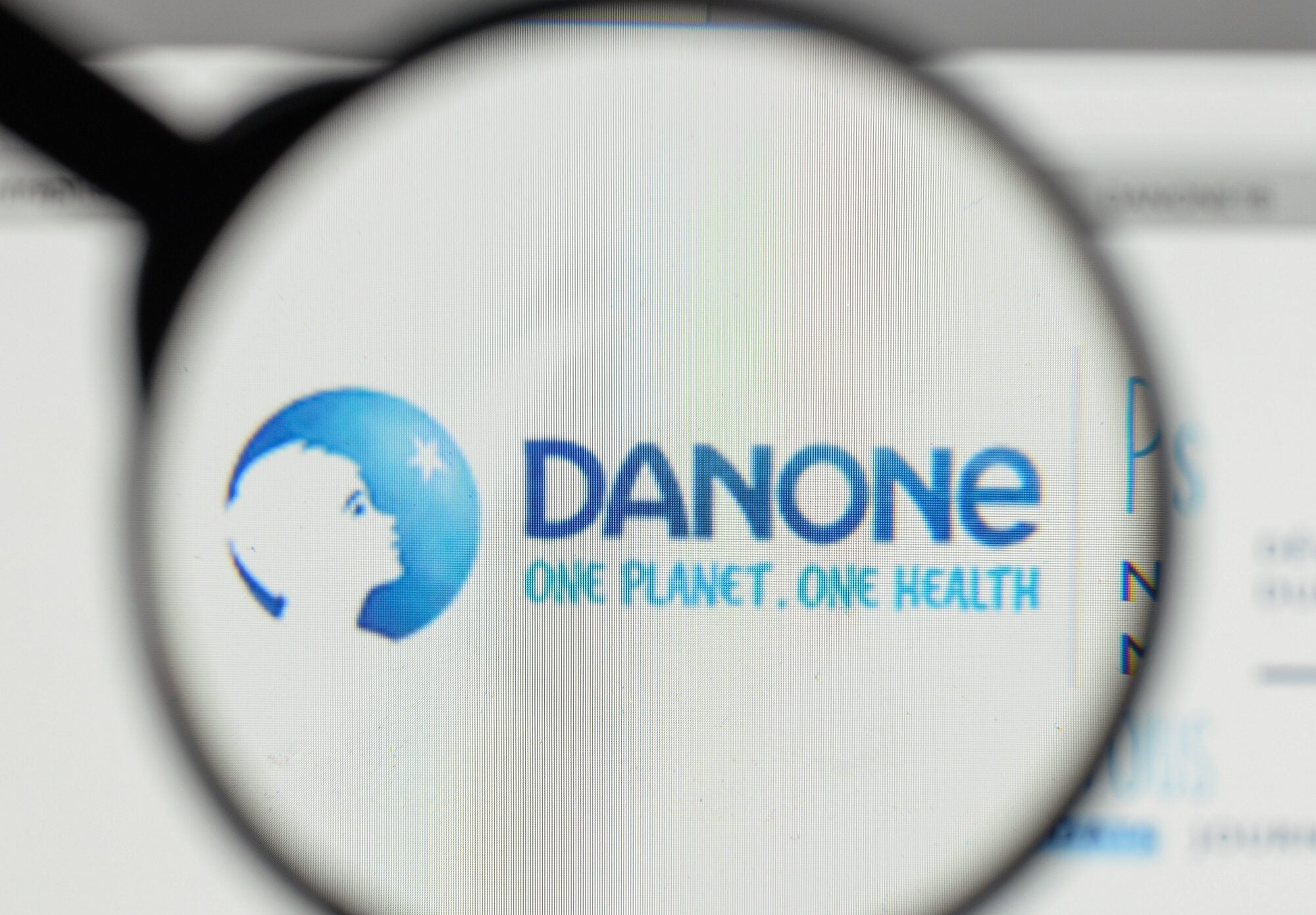
French dairy giant Danone is teaming up on a project to invest in precision fermentation.
It is joining forces with local industrial heavyweight Michelin, best known for its tyre production, local investment bank Crédit Agricole and the American start-up DMC Biotechnologies. The Biotech Open Platform initiative aims to foster the development of healthier products.

Discover B2B Marketing That Performs
Combine business intelligence and editorial excellence to reach engaged professionals across 36 leading media platforms.
The goal of the project announced today (13 June) is to scale up precision fermentation – a process that enables the creation of bio-sourced materials and ingredients for industry innovation and to tackle decarbonisation.
Some €16m ($17.3m) will be invested in the first stage at a location in Clermont-Ferrand within the Parc Cataroux Center for Sustainable Materials, an innovation accelerator supported by Michelin.
The Biotech Open Platform is also supported by several public and private institutions: the University of Clermont Auvergne, the company Greentech, the Auvergne-Rhône-Alpes Region under the European Regional Development Fund (ERDF), and Clermont Auvergne Métropole.
Precision fermentation uses microorganisms like bacteria, yeast or fungi to produce proteins, enzymes and other molecules. It has been linked to innovation in the agri-food and materials sectors.

US Tariffs are shifting - will you react or anticipate?
Don’t let policy changes catch you off guard. Stay proactive with real-time data and expert analysis.
By GlobalDataDanone suggested the process is the potential solution to many of the issues facing the food industry.
“By using microorganisms such as bacteria, yeast or fungi in controlled environments, precision fermentation will increase the accuracy and efficiency of the production of proteins, enzymes and other compounds – resulting in products that are more suited to health needs and produced in a more carbon-efficient manner,” the company said.
CEO Antoine de Saint-Affrique added: “At Danone, we have always been focused on investing in the future of food and this partnership is the next step in this journey.
“We look forward to working with our partners to develop cutting-edge fermentation technologies, which will accelerate innovation, health benefits and decarbonisation in the food industry.”
The Activia yogurt maker described itself as a category leader in ferments and suggests it has the largest ferment library in the world, with 4,000 identified.
The ambition behind the Biotech Open Platform project is to scale up products and processes already tested in the laboratory and, by 2025, to install an initial demo-scale production line, including a fermenter and purification equipment.
Additional equipment will be installed in the following years, including a second production line.
DMC develops and produces chemicals and ingredients using precision fermentation. Its proprietary technology platform, Dynamic Metabolic Control, is said to make fermentation more standardised, robust and predictable.
The main distinction between precision fermentation and fermentation is that the microorganisms used in precision fermentation are designed to create a particular end product.
One food-specific application of precision fermentation is the production of chymosin, a type of rennet that is used to make cheese.





